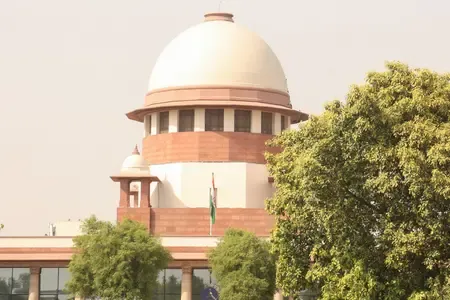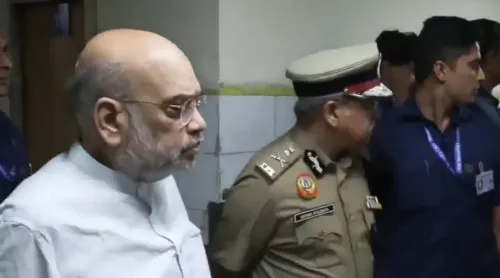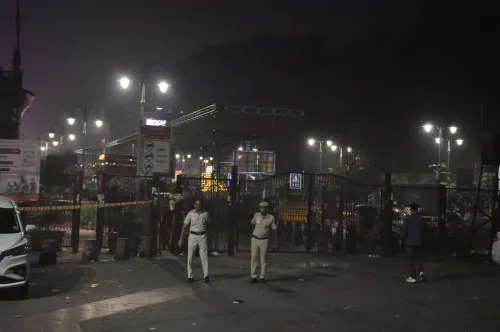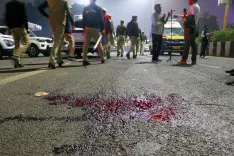Did Mumbai Police's Helpline 112 Receive a Bomb Threat?
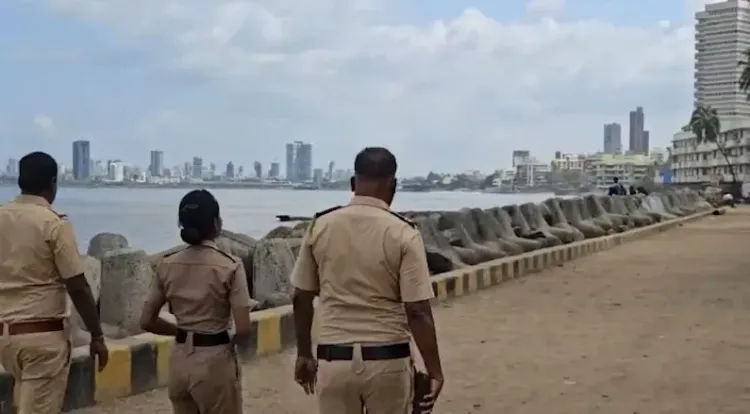
Synopsis
Key Takeaways
- Mumbai police acted swiftly in response to the bomb threat call.
- The caller was arrested for spreading false information.
- Security measures were heightened at significant locations.
- This incident reflects ongoing challenges with hoax threats.
- Authorities emphasize the importance of maintaining public safety.
Mumbai, May 19 (NationPress) A wave of anxiety swept through Mumbai on Monday after the police helpline number 112 received alarming reports regarding a potential bomb threat. An official confirmed that the individual who provided this information was subsequently charged for disseminating false information.
The individual, identified as Rajiv Singh, alleged that he overheard someone in the Sir J.J. Marg area discussing plans to detonate a bomb in the city, according to police reports.
Upon receiving the threat call, authorities quickly initiated an alert, deploying local police and a bomb squad to the Sir J.J. Marg area for extensive search operations.
After a comprehensive investigation, the call was confirmed as a hoax, leading to a case being filed against Rajiv Singh for spreading false rumors.
On a similar note, Mumbai’s Chhatrapati Shivaji Maharaj International Airport and the renowned Taj Mahal Hotel, a significant location related to the 26/11 terror attacks, also faced bomb threats over the weekend, prompting elevated security protocols throughout the city.
The threat, communicated via email to the Mumbai Airport Police, referred to the execution of Afzal Guru connected to the 2001 Indian Parliament attack and warned of imminent bombings at both prominent sites.
Officials stated that the email asserted that the bombings would be a response to what it termed the 'injustice' of Guru's execution, also mentioning another executed convict, S Shankar.
Following the email's receipt, police initiated a comprehensive inquiry, bolstering security at the airport and the hotel, and deploying bomb detection and disposal teams alongside search operations.
This incident marks another instance of threats targeting Mumbai Airport. However, the specific references to Afzal Guru and the Taj Mahal Palace Hotel, known for its connection to the 26/11 attack, raised particular alarm among officials.
Earlier, on May 9, a bomb threat was reported at Tata Memorial Hospital in Mumbai, triggering a security alert. An email received around 9 a.m. claimed a bomb had been placed on the hospital grounds, urging immediate evacuation of patients. Ultimately, this incident was also determined to be a hoax.

